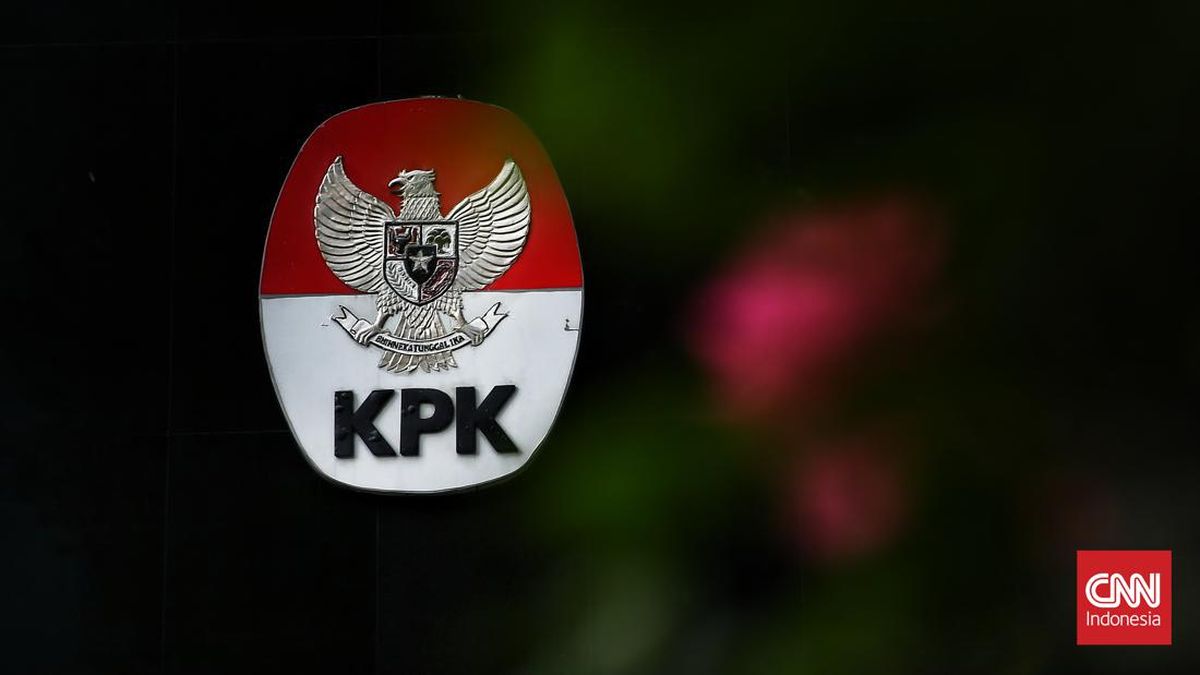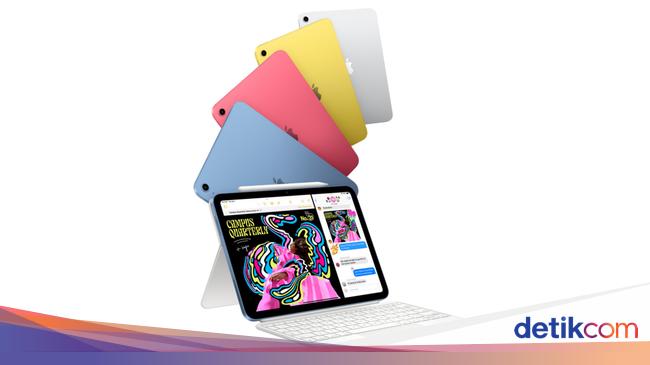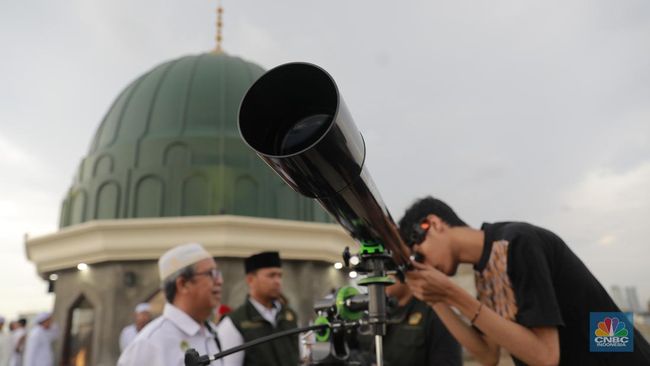At Wednesday's Meta Connect event, Meta got to show off its hardware prowess. The new Meta Ray-Bans Gen 2 are getting a fancy new neural wristband to support hand gestures, along with twice the battery life of its predecessor and better cameras.
Meta CEO Mark Zuckerberg and artist Diplo showed off the sporty Oakley Vanguard smart glasses by literally running off stage at the end of the event to reach the after-party.
The one area where Meta did not get to strut its stuff: artificial intelligence.
At first glance, the tech giant should've been well-equipped to compete with the likes of OpenAI and Google in the race to develop the most advanced AI models. But this year's Meta Connect event only underlined how its AI is still far from Zuckerberg's goal of "superintelligence." It may not even meet the bar of "intelligence."
Don't miss any of our unbiased tech content and lab-based reviews. Add CNET as a preferred Google source.
During the event, Zuckerberg introduced several new AI features, including one called Live AI. Meta turned to Jack Mancuso (known as Chef Cuso) to showcase how he could use Live AI to get live cooking instructions from his glasses based on the ingredients it saw on the table.
Then, it happened. AI couldn't recover after Mancuso interrupted, and it told the chef to add ingredients to a base mixture he clearly hadn't made yet.
There were two other live demo fails, one showing integrated WhatsApp calls and the other for AI-powered live translations (though this one eventually worked). I'm not trying to pick on the live demos. I'll always prefer to see a feature running in real time during a tech event, but three fails aren't great.
The keynote made me think about the difference between hardware versus software quality, and what could be done to improve the latter, which could give Meta an edge over OpenAI and Google.
As more AI gets added to smart glasses' software, it's becoming more likely that, if you want to use AI without a laptop or phone, you'll use it through your glasses.
Zuckerberg, the seller of smart glasses, believes this, as he told analysts recently that anyone who doesn't use smart glasses may be at "a significant cognitive disadvantage" in the future. That could put Meta in a better spot to dominate, but the AI has to work. That's where Meta struggles.
Zuckerberg highlights the role AI superintelligence might play in Meta's future.
Meta/Screenshot by CNETThe company ought to consider using another AI. This would give Meta and its smart glasses users a couple of advantages. For one, the AI hardware market is mostly still in its infancy. The Rabbit R1 device and Humane's Friend pendant have been interesting novelties, but they haven't become staples in anyone's daily life.
If Meta can get the AI in its smart glasses to perform, it has a higher chance of dominating the market, from an AI hardware perspective. OpenAI might count Jony Ive, the former Apple iPhone designer, among its ranks now, but it still doesn't have any imminent plans to release a standalone device. Google's own path in this area seems to be focused on partnerships, like with Samsung and Xreal.
For the folks using smart glasses, having more choices is always better than none. Being able to select and use your preferred AI might make purchasing an expensive, if not totally essential, device more appealing.
A walled-garden approach means Meta can keep all of its development and revenue private internally. It's an approach that has certainly worked for other tech companies, like Apple (though European regulators have criticized such moves). And Meta does seem to realize its AI needs work, since it recently spent billions of dollars to poach top AI scientists from other tech companies, though we have yet to see any results.
As Meta continues to move away from its open source-focused origins and toward "taking superintelligence seriously," as Zuckerberg proclaimed in the keynote, it's hard not to wonder about the possibilities.
Even if it isn't immediately feasible, Meta could create a wealth of opportunities if it were open to moving toward AI-agnostic smart glasses. At the very least, Zuckerberg might have a better shot at avoiding embarrassing demo fails.
Do I think Meta will open up the AI in its hardware to other AI companies? No. But would the move give Meta its long-awaited edge in the AI race? It's certainly not the worst idea.
For more, check out everything announced at Meta Connect 2025.

 2 hours ago
1
2 hours ago
1















































